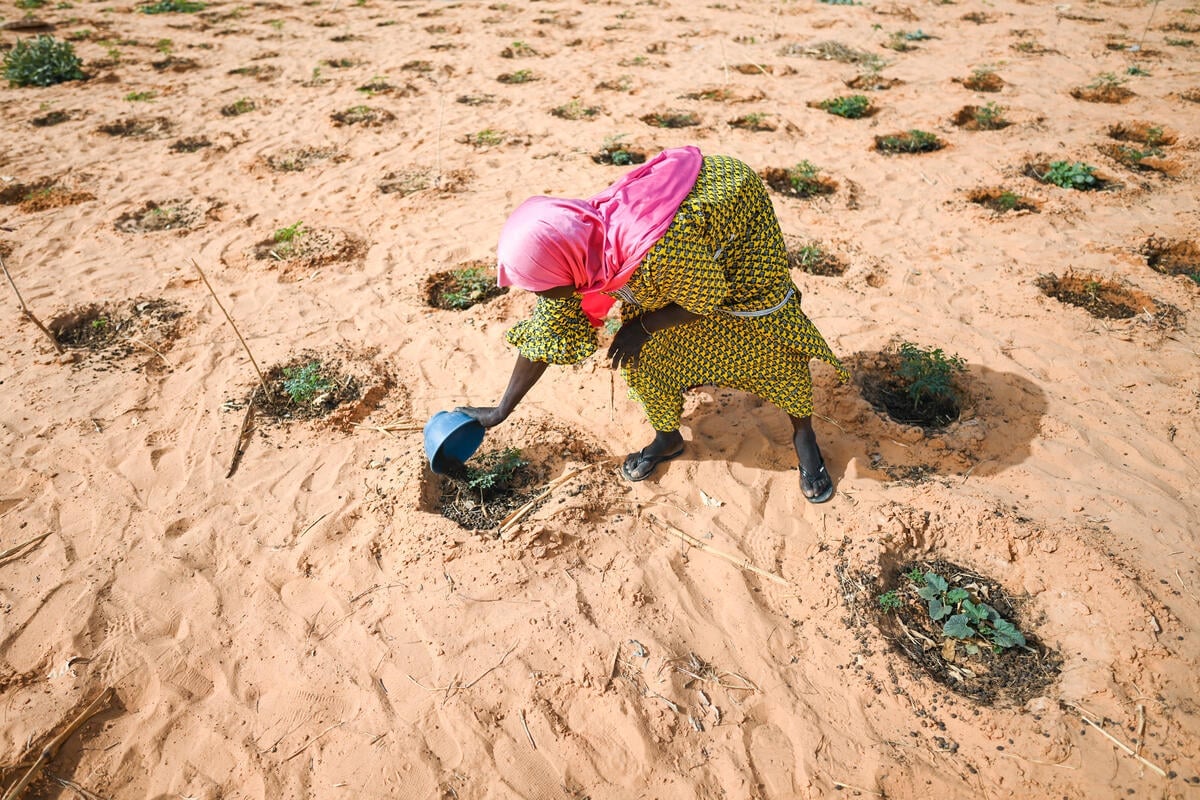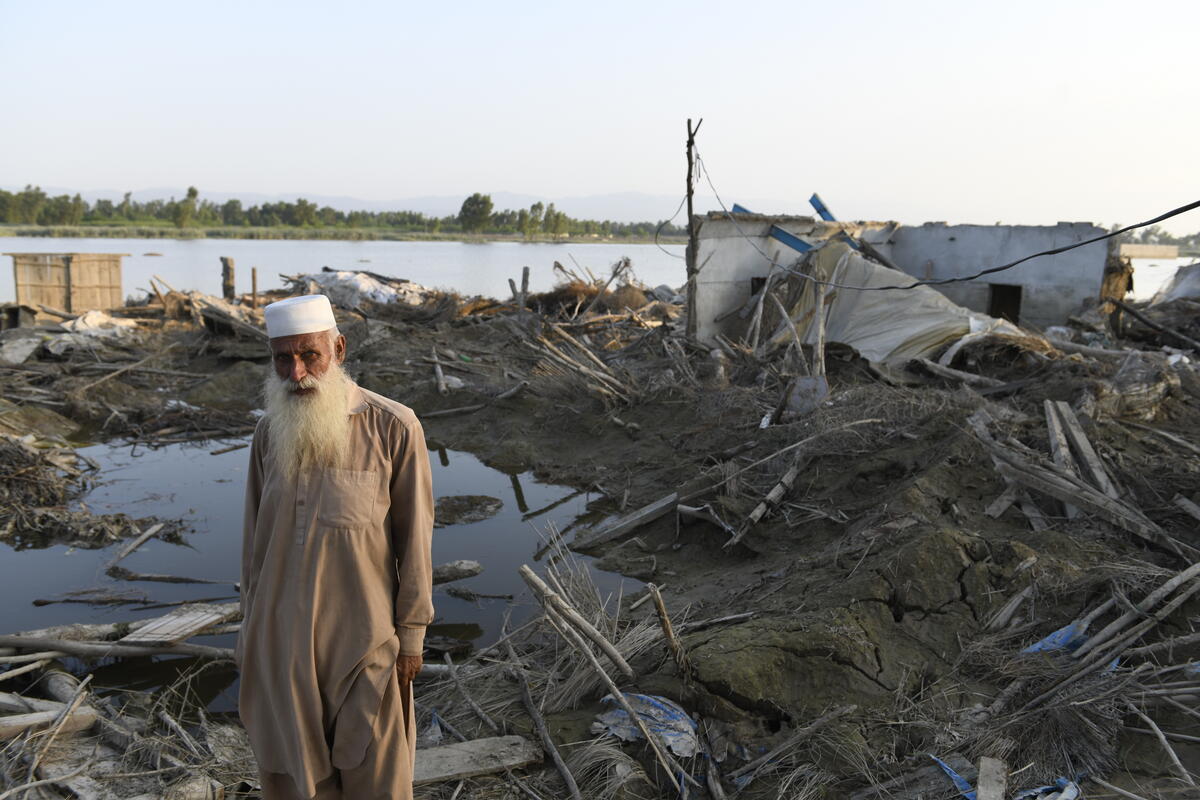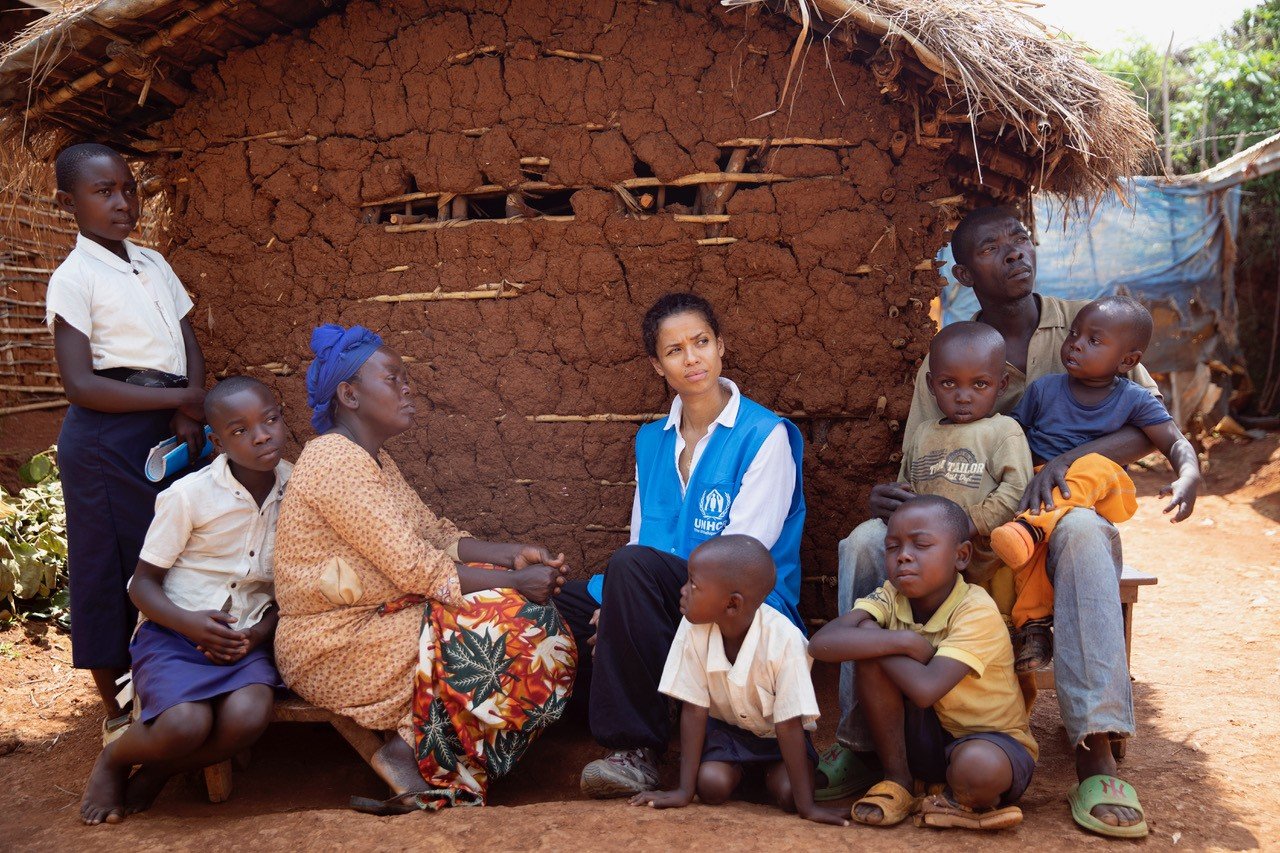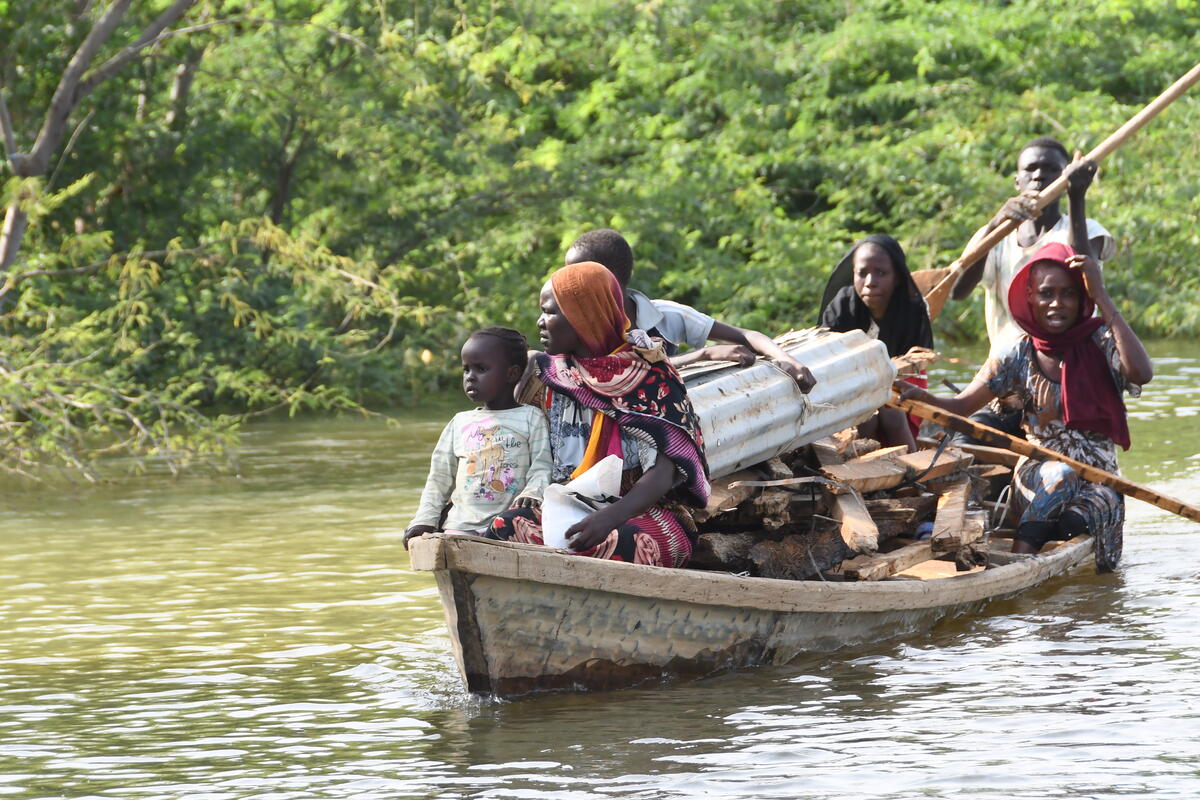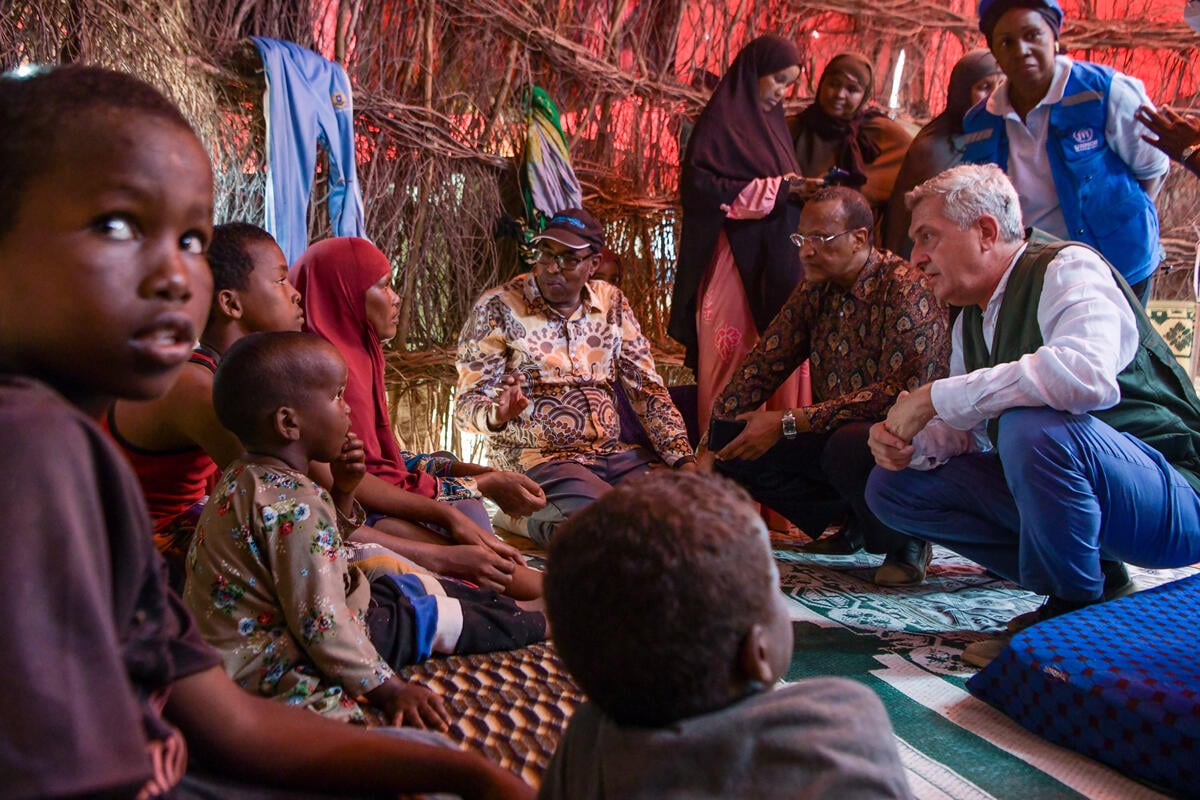As refugee numbers surge, Ethiopians seek word of loved ones

As refugee numbers surge, Ethiopians seek word of loved ones
Lezabu is frantic with worry. The single mother-of-three has not seen two of her daughters since she fled the crisis in northern Ethiopia’s Tigray region and crossed into eastern Sudan.
“My eldest daughter left with her younger sister. I don’t know where they are. It’s been weeks without news,” said Lezabu, who is currently staying at a reception centre in Hamdayet, near Sudan’s eastern border with Ethiopia, where refugees continue to arrive by the thousands.
The 38-year-old farmer fled her small town of about 42,000 inhabitants, after fighting erupted.
“I think hundreds of people were killed that day,” she added.
“My eldest daughter left with her younger sister. I don’t know where they are.”
Anna*, a public health officer who was working at a health facility when the attacks happened, also fled when the clashes got closer.
“We heard screams and knew that we had to run for our lives,” she said.
Anna and her family joined her neighbour that night, who transported them in his tractor. But gunmen ambushed them, forcing them to flee in the opposite direction. She got separated from her children and husband, ending up in the town of Humera, where she heard it was safer.
“But the minute we arrived in the city, we saw someone get shot in the head, right in front of us,” she says, shuddering. “We saw a lot of looting; people were stealing from houses. We were very scared.”
After five days of hiding in Humera, she managed to find her way safely across the border into Sudan.
“We saw someone get shot in the head, right in front of us.”
Lezabu and Anna are among a recent wave of refugees who have arrived in Hamdayet. Over 5,000 women, children and men fled the ongoing fighting over the weekend, bringing the number of Ethiopian refugees who have streamed into Sudan to over 40,000 since the crisis began at the beginning of November.
UNHCR, the UN Refugee Agency, and its partners are delivering and distributing life-saving aid, including hot meals, water and latrines for the arrivals. Staff at the Hamdayet border crossing in Kassala State and the Lugdi crossing in Gedaref State, are registering thousands of new arrivals each day.
The most vulnerable refugees including older people, pregnant and lactating women and children are receiving special care, including supplementary feeding.
But the humanitarian response continues to face logistical challenges.
The relocation of refugees away from the border is hampered by logistics and distances, limiting the number of people being transferred to Um Rakuba camp in Gedaref, some 80 kilometres inside Sudan.
“We have a challenge which is mainly relocating the refugees. The process takes more than 15 hours from this reception centre to Um Raquba. It is a lot of work,” explained Mamoun Abuarqub, UNHCR’s Emergency Coordinator overseeing the situation.
“We never expected to be refugees. I can tell you that for sure.”
As more people continue to stream into Sudan, refugees like Filimon are trying to come to terms with the situation.
“We never expected to be refugees. We never expected these things because we were in a very safe condition,” said Filimon. “We were developing and trying to help our families. We never expected this, I can tell you that for sure.”
Robert, a teenager who was studying in college, nodded in agreement.
“Everything was okay. But now, I have lost my mother and sister in the craziness of this situation,” he said. “I just hope we will find peace again.”
*names have been changed for protection purposes








